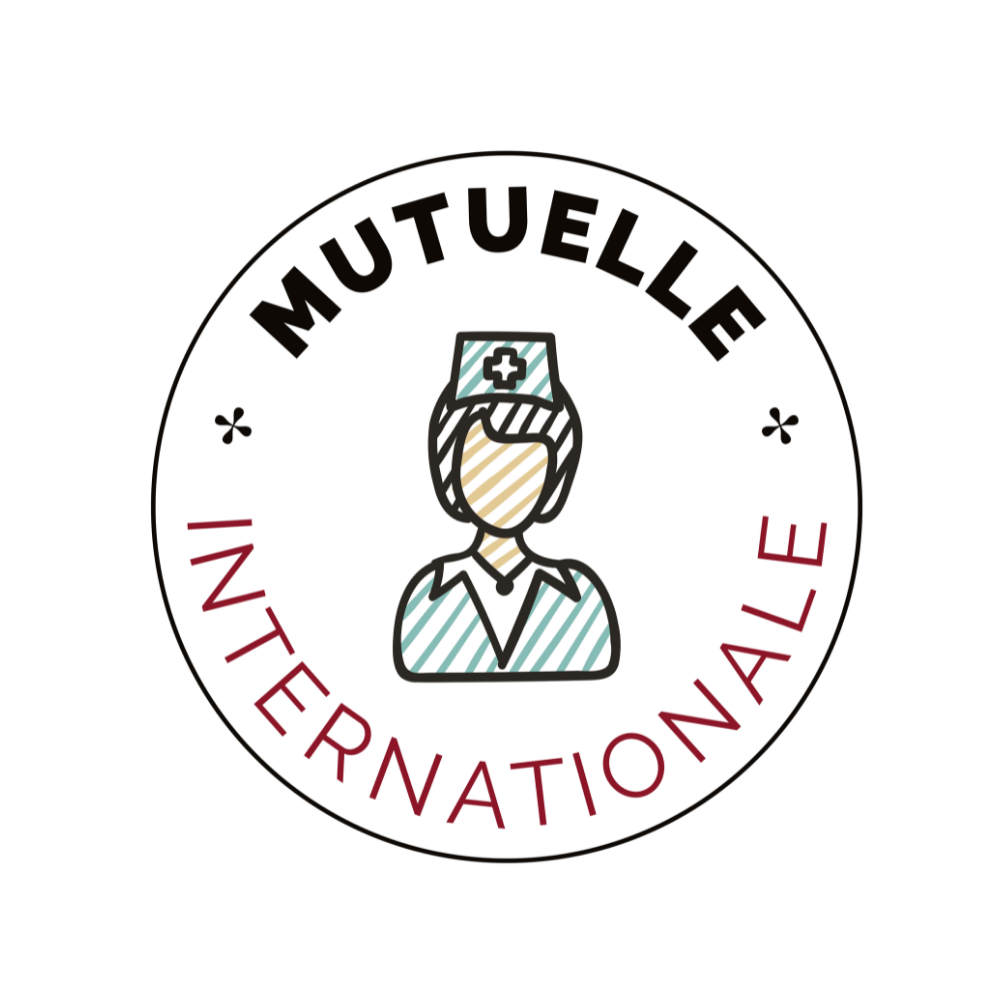Find out everything you need to know about international medical insurance to cover the duration of your stay in this comprehensive FAQ! Your questions about health abroad will find clear and precise answers to ensure optimal protection.
International medical insurance: Coverage conditions and criteria

What is international medical insurance?
International medical insurance is health coverage specifically designed for people traveling or living abroad. It covers medical costs such as consultations, hospitalizations, dental care, and sometimes even medical evacuations. This type of insurance is essential to benefit from adequate care without worrying about costs, which are often very high in certain countries.
Coverage criteria
To take out international medical insurance, it is crucial to consider certain coverage criteria:
– The duration of coverage : Some insurers offer coverage for short stays, while others offer options for long-term stays.
– Geographical areas : Make sure the insurance covers all the destinations you are traveling to, as some policies may exclude specific countries.
– Types of services : Check which benefits are included such as medical consultations, hospitalization, dental care, and maternity.
– Exclusions : Knowing the exclusions of the insurance policy is essential to avoid unpleasant surprises. For example, some insurance policies exclude pre-existing illnesses or high-risk sports.
Conditions to be met to benefit from the insurance
To be eligible for international medical insurance, certain conditions must be met:
– Health : Report your medical history honestly. Some insurances may require a prior medical examination.
– Duration of stay
– Residence and nationality
Management of pre-existing medical conditions
Many international medical plans exclude pre-existing medical conditions or impose waiting periods. However, there are policies that cover them under certain conditions:
– Statement : It is often necessary to declare all your pre-existing medical conditions when underwriting.
– Waiting period : Some insurance plans require a waiting period before covering pre-existing conditions. This can vary from a few months to a year.
– Additional bonus : Sometimes a higher premium may be requested to cover pre-existing medical conditions.
Reliability and transparency
The reliability and transparency of the insurer are essential criteria. Look for reviews and check the insurer’s track record. Choose those who are known for their responsiveness and multilingual customer service. Many travelers find it reassuring to choose insurance that offers efficient customer support available 24/7, so they can get help quickly if they have a health problem abroad.
How to choose the right international medical insurance
Choosing the right international medical insurance requires careful analysis of your specific needs:
– Define your needs : Identify the types of care you are likely to require (general care, specialists, dental, etc.).
– Compare offers : Use insurance comparators to get an overview of the different options available and choose the one that best suits your needs and budget.
– Read the reviews : Feedback from other policyholders can provide valuable information on the quality of services and customer service.
By following these tips, you can choose international medical insurance that suits your needs, giving you peace of mind when traveling or staying abroad for extended periods.
International medical insurance: How to make a claim?
For frequent travelers or expatriates, having international medical insurance is essential to guarantee optimal health coverage. But what should you do when you need to submit a claim for reimbursement of medical expenses? This guide explains the steps to follow.
Check the conditions of your contract
Before submitting a claim, it is essential to be familiar with the terms of your insurance contract. Make sure the medical treatment or services you want to be reimbursed for are covered. Also take note of the deadlines for submitting your claim, as well as the required documents.
Prepare the necessary documents
A proper claim requires complete documentation. Here is a list of documents generally requested:
– Detailed invoices and receipts for treatments received.
– Medical prescriptions, if applicable.
– Report from the attending physician describing the nature of the treatment.
– Copies of your medical insurance contract.
Claim Form
Insurance companies provide specific claim forms, available online or upon request. Complete this form carefully, providing all requested information, such as your contact details, insurance policy number and details of any medical expenses incurred.
Submit the claim
Once your file has been compiled, you can submit your complaint. The majority of insurance companies allow electronic delivery via their website or email. Other options include mailing or submitting in person to a local agency. Be sure to keep a copy of all documents sent.
Monitoring and communication
After submitting your claim, communicate regularly with your insurer to monitor its progress. Note the date sent and keep acknowledgments of receipt. If additional information is requested, provide it promptly to avoid delays in processing.
Options in case of disagreement
If your claim is rejected or the amount reimbursed is insufficient, you have several options:
– Contact your insurer to discuss the reasons for the refusal and check if any errors or omissions were made.
– If no amicable solution is found, you can consider calling on a mediator specializing in insurance.
Special Considerations
For people with pre-existing medical conditions, it is crucial to check that they are covered by your international medical insurance. Certain insurance policies such as those offered by Malakoff Humanis provide extensive coverage for expatriates.
Prevent the risk of fraud
Medical fraud is a risk that should not be overlooked. To avoid suspicion and speed up the processing of your claim, make sure your documents are authentic and the information provided is accurate. Avoid including unjustified or exaggerated fees.
By following these steps, you maximize your chances of success in obtaining rapid and full reimbursement for your medical expenses abroad. For more information on best practices for medical claims, consult reliable resources on the subject, such as articles on the Ministry of the Economy website.
